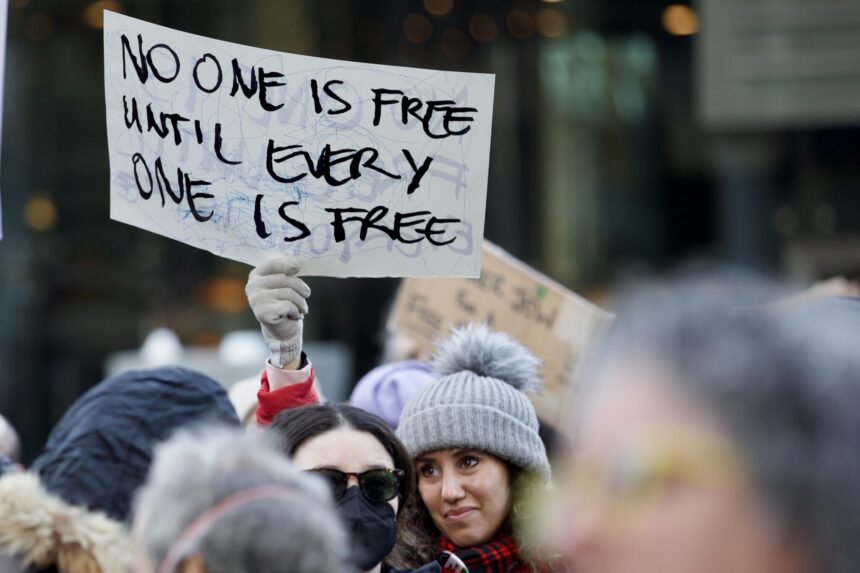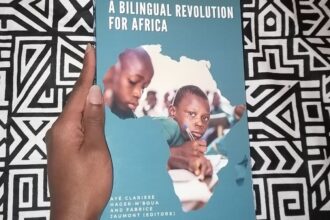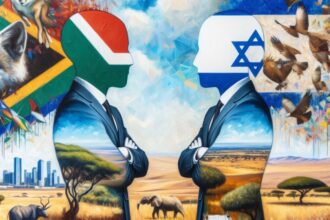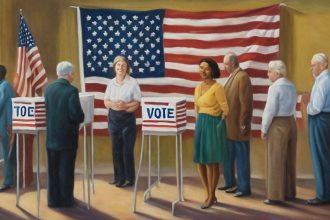Z was maybe a year old when an accident at home resulted in a small first-degree burn on his tiny little foot. Hearing him scream in pain was enough to almost make me faint, but as a mother the only action that made sense was to comfort him, and get him to the nearest hospital. When you are in the midst of tragedy, sometimes you are at a loss of words for what you feel, but you know exactly what you feel, and how deeply you feel it.
I have been consumed by what is happening in the West Bank and Gaza, and the loss of innocent lives on both sides. With the death tolls at this time reaching over 1000 Israeli casualties, and over 9000 Palestinian casualties since the October 7th attack. To call this a war would be unjust to the unarmed civilians trapped in a petri dish devoid of water and electricity, while any safe space like a hospital or refugee camp is bombed, as those of us in our lives of safety observe what happens next. If you need to ask yourself if the dismembered babies or the blood-covered families are Palestinian or Israeli, your empathy might be broken.
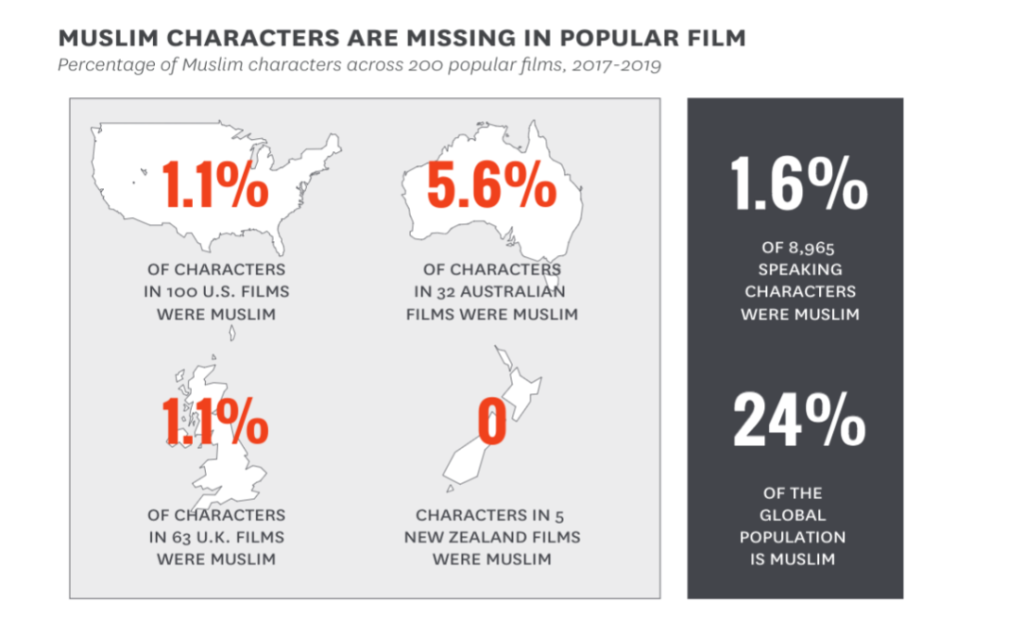
Who Deserves our Empathy?
The interesting thing about empathy is that it is not an inherently human trait. Primatologists have found that although it is an evolutionary trait in humans since we are so dependent on community and caring for each other, chimpanzees and other animals also show a great deal of empathy to their family and community members. Empathy becomes the power that feeds our moral compass, and drives us to action. The important question being how does our brain tell us which human loss is worth mourning, and where do we tell ourselves it is okay to look away.
Empathy is simply defined as “the ability to understand and share the feelings of others”. The catch is that we filter these feelings through our own lived experience, and empathy bias often makes it easier for us to feel for those that we believe are most similar to us. The other ways we can form empathy is by forming a narrative that works with our core beliefs, almost like the creation of a perfect victim that is innocent and deserving of what may now be better coined as sympathy. In this case, Palestinians are deserving of our empathy in two circumstances – if their eyes full of hope remind you of the little child you might have at home, or if they are silent and helpless humans who won’t fight back.
If you want to go beyond these two criteria for empathy, what can you do? Check your bias, and look at how you may value human life. What acts of violence against which people pull you to have stronger feelings? Why?
The Influence of Popular Culture
A tactic as old as time is to create a very stark difference between “Us” and “Them” in order to lose any middle ground for dialogue, as well as reduce any empathy one group may have for the other. This has been a looming feeling for many Muslims living in North America in the post 9/11 world. Muslims are a large part of the fabric of North American culture, however in popular representation are either invisible or shown as violent beings undeserving of empathy.
Riz Ahmed saw this as a problem, and initiated a study on representations of Muslims in Hollywood and the findings are exactly what you would expect. The data shows that more than 90% of over 200 films examined did not have a single Muslim character, and the remaining that did, had a 39% rate of showing Muslims as perpetrators of violence, and 62% of them targeted with racist and/or religious slurs or undertones.
Why is that important? Our opinions of those that do not look like us are either formed through direct interactions or through what we consume through media. There are many studies that show a direct linkage to popular opinion, however uninformed it may be, and detrimental policies that disadvantage minority groups.
We can see this today in the way that popular news channels and media outlets are reporting on the genocide that is taking place in Gaza and the West Bank. The dehumanization of the victims by talking about them as collateral damage, or calling it a war when Israel had a military budget of over $23billion in 2022, against unarmed Palestinians are just a few examples of this.

What can I do?
Educate yourself on the history of the area, and learn more about some of the bias you might have about Palestine. Do what you can to do a self-check of how you are feeling when you consume news on the acts of violence happening in other parts of the world, and how your own bias may impact how you show up locally in the world around you. For example, after conflicts where there may be a perception of two sides with different faiths, in this case the perception being that it is a Muslim vs Jews conflict (which it is absolutely not as people of different faiths live in Gaza and the West Bank), you might see a rise in Islamophobia and antisemitism. Our job is to remember that we should be looking to expand our empathy, and not our hate. When we see children suffering on the news, they should all be our babies. We should all see the oppression of a group of people as our own loss.








